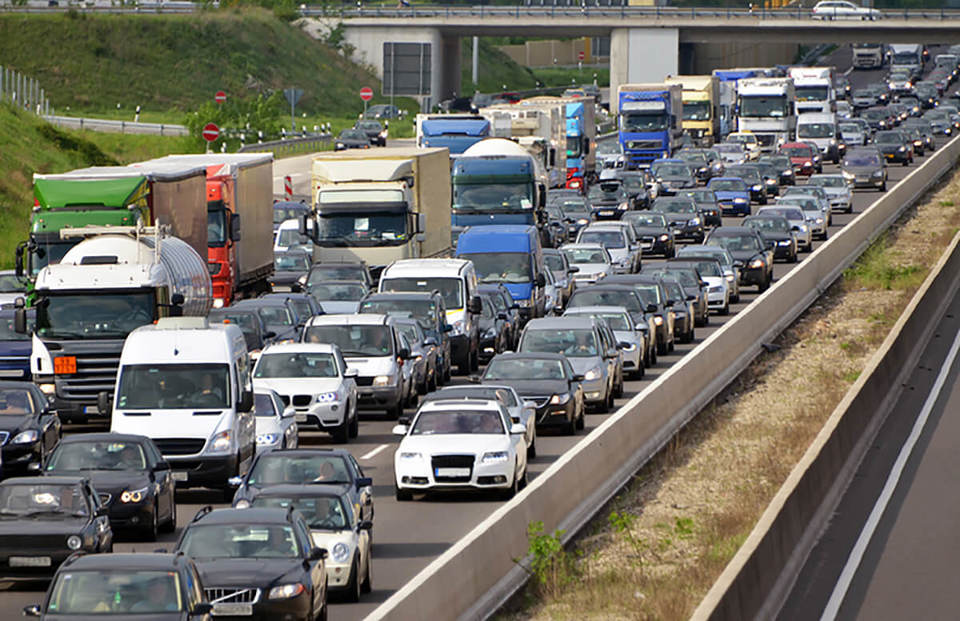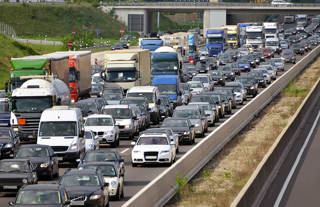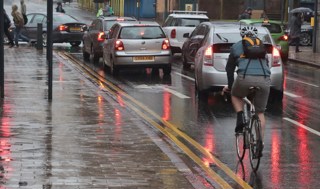Arval has criticised the debate around clean air zones (CAZs), saying the tone is out of proportion to their likely effects.
The leasing and fleet management company claims that the London ultra-low emissions zone (ULEZ) and clean air zones (CAZs) being introduced in five UK cities – Derby, Nottingham, Leeds, Birmingham and Southampton – will have a limited impact on most fleet operations.
David Watts, fleet consultant at Arval, says that only businesses with vehicles that routinely work in London or operate buses or trucks in other CAZ cities will need to take immediate action.
He explained: “Some of the more dramatic statements being made across the fleet industry regarding the London ULEZ and potential CAZs in the Government’s original five mandated cities of Birmingham, Derby, Nottingham, Leeds and Southampton are not reflective of their likely effects which, for most fleets, will be minimal.
“In some respects, the whole ULEZ/CAZ debate has become a little overheated in a way that is unnecessary. As a company, we are keen to dispel some of the myths.”
Derby, Nottingham and Southampton have all declared that they will not introduce a charging zone, leaving only Birmingham and Leeds.
While Birmingham is proposing to introduce a Class D zone, the same as London’s, Leeds is expected to operate a Class B, which will impact buses, trucks and taxis or private hire vehicles.
“The impact of these measures on the vast majority of fleets will, therefore, be limited,” said Watts. “The facts are that ULEZ/CAZ charges will not apply to cars and vans that meet Euro 6 diesel and Euro 4 petrol standards and timing is key.
“Although the London Ultra Low Emission Zone comes into effect in April, Birmingham’s doesn’t happen until 2020. Given typical replacement cycles, most fleet cars will meet these criteria by the time they come into effect.”
“There is a possibility that some vans might be affected in the short term in London and Birmingham but, even so, this should only form a small minority of fleet vehicles in operation. These should soon be de-fleeted or could be swapped with a compliant vehicle from elsewhere in the fleet.”
Estimates suggest that 35,000 vans, 3,000 lorries and 100,000 cars will be hit by the new zone, which will cover an area 18 times larger than the central London ULEZ.
Drivers within the expanded zone using non-compliant vehicles will pay a daily ULEZ charge of £12.50, 24 hours a day, 365 days a year.
These include: motorbikes that do not meet Euro 3 standards; petrol cars and vans that do not meet Euro 4 standards (roughly the equivalent to not being more than 15 years old for cars in 2021); and diesel cars and vans that do not meet Euro 6 standards (roughly the equivalent to not being more than six years old for cars in 2021).
Any heavy vehicle that is either Euro IV or Euro V will face a £100 fee to enter the Greater London zone from October 2020. If it is below Euro IV it will be charged £300 each time it enters the zone.
The Greater London zone will apply to buses and coaches weighing more than five tonnes and lorries and specialist heavy vehicles in excess of 3.5 tonnes.
Specialist vehicles affected include breakdown and recovery vehicles, snow ploughs, gritters, refuse collection vehicles, road sweepers, concrete mixers, fire engines and tippers.
The FTA has calculated that, for a small firm with five lorries or five vans, the extra cost of compliance in 2020 or 2021 will amount to more than 40% of their annual turnover.
Watts also says that measures being discussed by many other cities should not unduly worry most fleets. He explained: “Bath and Bristol are seriously considering Class D Zones while Manchester and Sheffield are likely to introduce a Class C zone. However, it is unlikely that these will be introduced until late 2020/21. For the vast majority of car and van operators, there is very little to be concerned about.”
For more on clean air zones and to view our interactive map showing towns and cities considering schemes, click here.























Login to comment
Comments
No comments have been made yet.